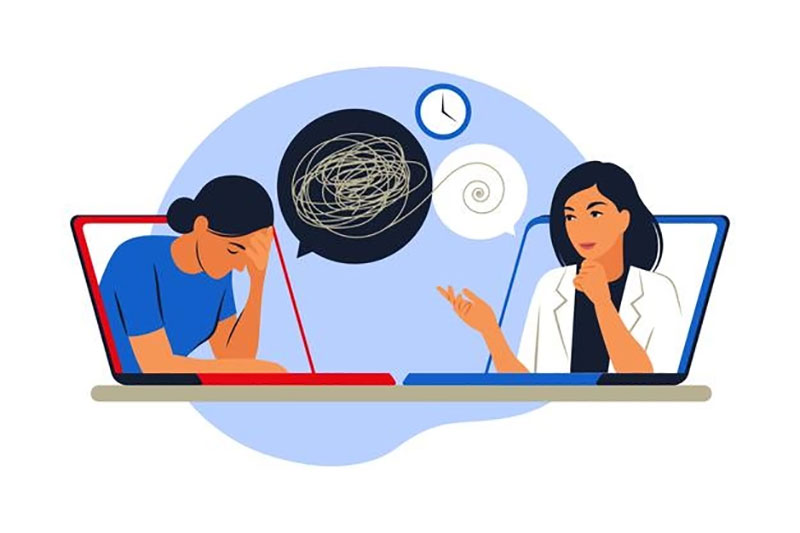Many people are interested in finding a therapist to improve their mental health, but they’re concerned about the costs involved – and in many cases, rightfully so. Therapists may charge upwards of hundreds of dollars per hour by default, and if you don’t have health insurance, you may not have the resources to cover those costs independently.
How do you find effective therapy if you’re not sure whether you can afford it?
Check Your Health Insurance
Virtually all health insurance policies do cover therapy at least partially. If you currently have health insurance, investigate your policy to see if there’s any coverage for mental health services, also known as “outpatient behavioral health therapy.” In many cases, you’ll find that all you have to pay is a copay for each therapy session you attend. If your insurance does not cover weekly therapy – which is rare – there is coverage for other types of mental health or wellness services, such as acupuncture.
Additionally, you should make sure to work with mental health service providers that are in network with your insurance; out of network providers can still provide you with mental health services, but it will likely cost much more.
Consider Sliding Scale Therapy
If you don’t have health insurance, or if your policy doesn’t cover therapy or mental health services, look for a provider who provides sliding scale therapy. Services offered on a sliding scale can be offered for a wide range of prices, which fluctuate based on the resources and needs of the purchaser.
In other words, the rate you pay for therapy will depend on how much money you make. If you’re from a low-income household and you don’t have insurance, you’ll likely qualify for the lowest possible rate – which should be affordable.
Talk to Individual Therapists
It’s also a good use of time to talk to individual therapists and organizations that offer mental health services. There may be specific programs or initiatives in place that can help you; you just have to ask about them to discover them.
1. Ask about cash rates.
The “sticker price” for therapy will likely be expensive, but your therapist may offer you an immediate discount if you don’t have insurance and you’re interested in paying in cash. This isn’t always a guarantee, but it’s always worth asking.
2. See if there are any discounts.
Does this individual or organization offer any kind of discount you could utilize? Are there any special programs that serve specific segments of the population?
3. Get further recommendations.
If this therapist isn’t able to offer you any direct mental health services or discounts, do they have other services that they could recommend to you? For example, do they know of a free mental health clinic in the area?
Look for Other Mental Health Services
We often think of therapy as the gold standard for mental health care, but if therapy is unavailable or unaffordable to you, and you need mental health support, there are other services worth exploring. Many of these are free or inexpensive, making them affordable even to people on a strict budget.
1. College or organization-specific services.
If you’re currently enrolled in university, your college probably has dedicated mental health services available for students. Ask around to get more information and see how you can take advantage of this. Mental health services may also be available for your company or organization.
2. Pre-licensed professionals.
Licensed therapists have the knowledge and experience necessary to treat a wide range of mental health issues, but pre-licensed professionals typically rival them in knowledge – they just don’t have as much experience. If you work with a pre-licensed professional, you’ll probably pay a much lower rate, but you’ll get access to services that are just as valuable.
3. Warmlines.
Warmlines are free, telephone-based services traditionally run by a local government or organization. If you’re struggling with something related to your mental health, you can call in, have a friendly conversation with a non-professional but trained individual on the other side, and potentially have more conversations with them in the future. This is a good option if you just need someone to talk to you for a few conversations, rather than ongoing therapy sessions.
4. Support groups.
You can also see if there are any support groups that are suited for your needs in the area. Support groups are usually free and open to the public, so you can attend them whenever you need. If you attend a support group regularly, you can make strong connections with the other people who attend, and develop a natural support system that can help you recover further and faster.
Even if you’re concerned about money, there are therapy and mental health services available to you. You might not be able to afford the default rate for a professional, licensed therapist, but if you’re willing to do some digging and negotiating, you can usually find a solution that works for your needs.








Leave a Reply
You must be logged in to post a comment.